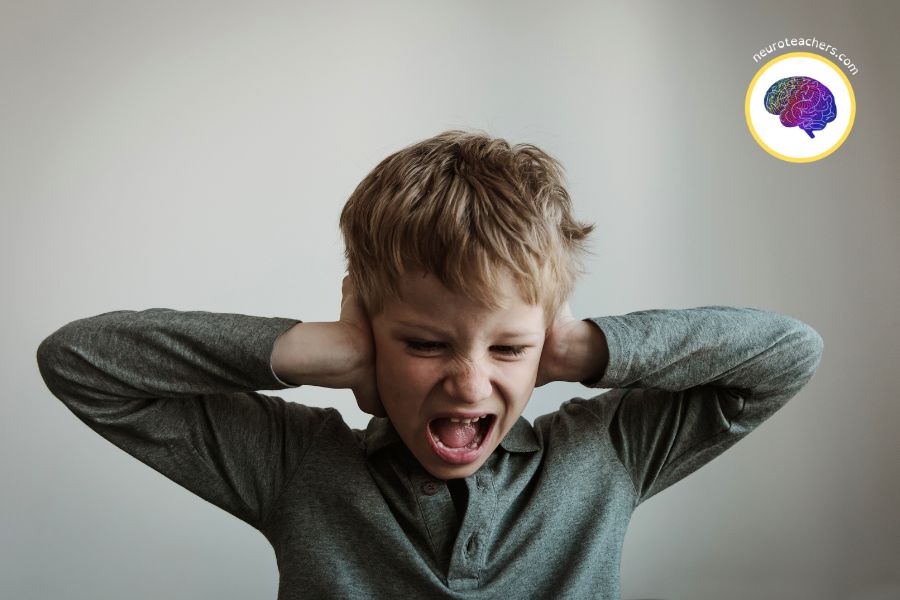When is behaviour communication?
The topic of behaviour is deeply controversial. Amongst autistic advocates the word is best avoided, and rightly so. Many have had years of others trying to make the behave more like neurotypical people.
Amongst some well-known, mainstream educational influencers the idea that behaviour is communication is set aside in favour of the idea of conscious but poor choices.
Personally, I avoid using the word ‘behaviour’ as much as possible. I tend to talk more about dysregulation as I find it a more useful term. I’ll define challenging behaviours as those which cause threat to safety of self or others or significant damage to property and disruptive behaviour as low level, frequent and persistent. Both interrupt learning, which is what schools, and many teachers focus on.

My own interest, however, is in understanding the distress behind all behaviours of concern. In the case study of Kylie, told below, the reason for her rapid change in demeanour was surprising and potentially dangerous.
The story I am about to tell you ended happily. The staff involved could see that Kylie wasn’t herself and that the behaviour she was showing us was separate from her autism but was trying to communicate something.
For more information, watch the video. Feel free to leave your comments underneath.
For more information, or to subscribe to our regular newsletter with blogs, videos and free
resources, follow the link below click the button below ⬇️
